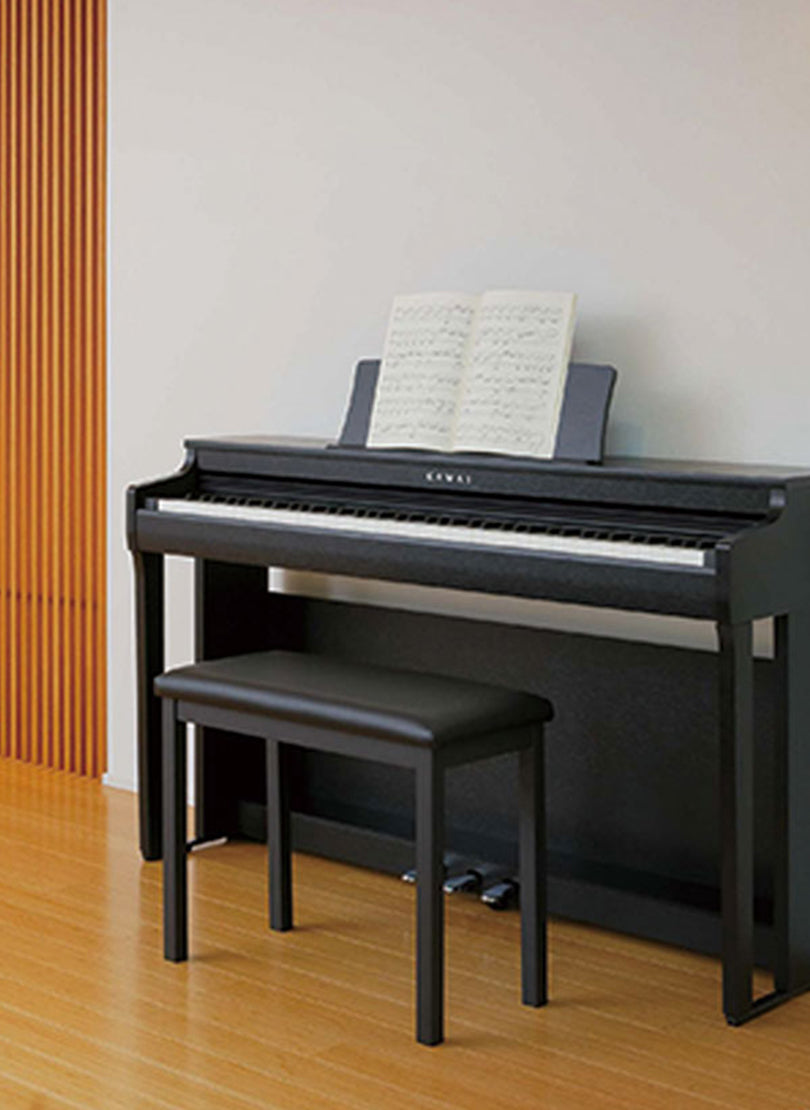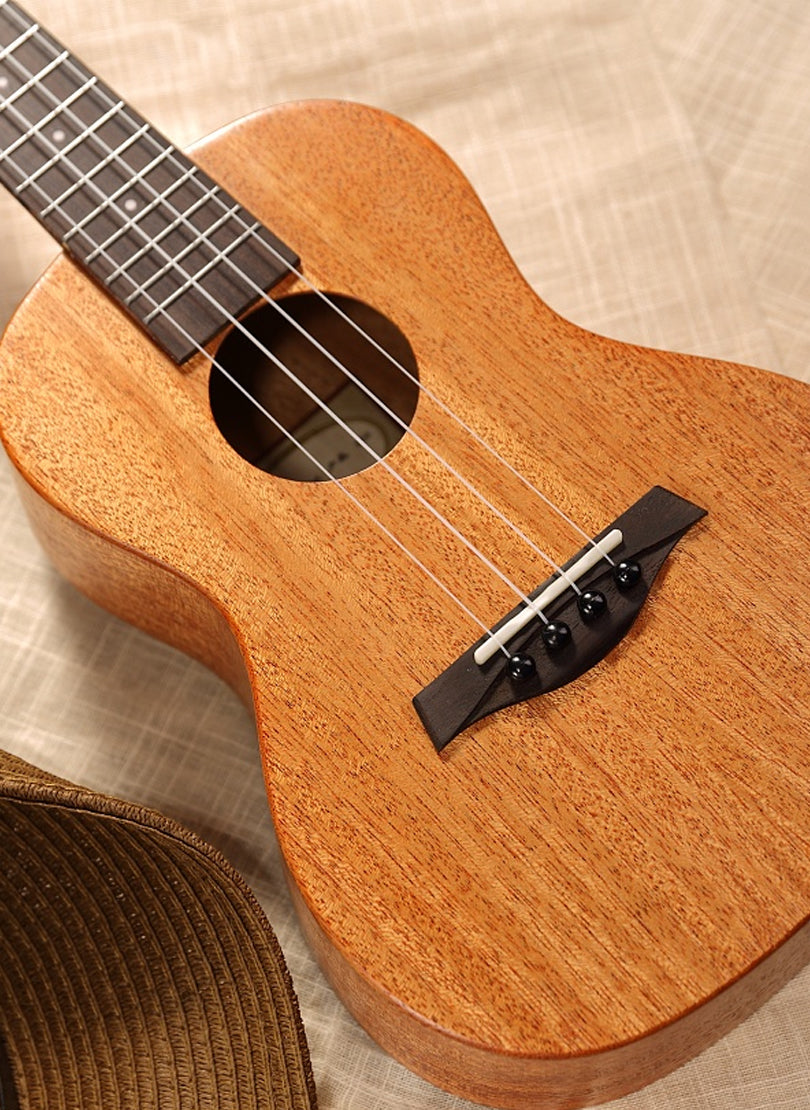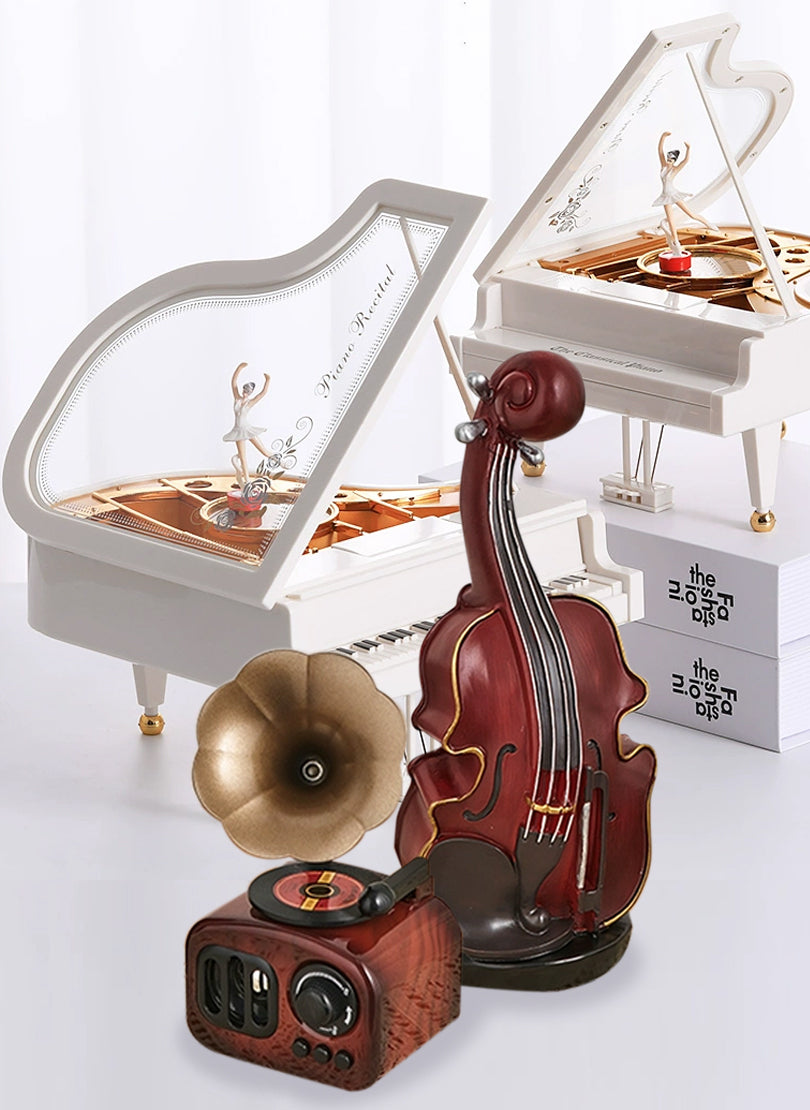Sydney Piano Teacher Shares: 5 Easy Tips to Get Your Child Excited About Practicing
Learning a musical instrument is a magical journey for children, but we must admit that getting them to practice consistently isn't always easy. Parents often struggle with how to motivate their kids to practice without turning practice time into a battle. The good news is that with the right strategies, you can make practice fun and help your child develop a love for their instrument.
1. Create a Fun and Rewarding Environment
Albert Einstein once said, “I have no special talents. I am only passionately curious.” As parents and teachers, we need to understand the importance of interest and focus in a child’s learning process. Children thrive in a positive and supportive environment. According to Bjorklund & Blasi (2012), children’s ability to concentrate improves significantly with age and experience. Shaffer & Kipp (2010) point out in Developmental Psychology that younger children often struggle to focus on a single task for extended periods, suggesting that activities should be designed to suit their attention spans and switch tasks every 15–20 minutes.
1.1 Attention Span of Children
The attention span of children varies by age and interest level. A general formula to estimate attention spans is:
- Attention Span (in minutes) = Age × 2 to 5
- For example:
- A 5-year-old: 10–25 minutes
- An 8-year-old: 16–40 minutes
Tasks that interest children may hold their attention longer, while boring or complex ones may shorten it.
1.2 Suggested Practice Durations:
- Preschoolers (4–6 years old): 10–15 minutes per session, broken into segments.
- Primary school children (7–10 years old): 20–30 minutes per session, with short breaks.
- Older students (11 years and above): 30–45 minutes, with flexibility to adjust as needed.
Within these timeframes, make practice special and enjoyable. Use stickers, small rewards, or extra playtime to celebrate achieving practice goals. Create a progress chart where your child can track their improvements and celebrate each small success.
Miss. Lucia says: "I have always been committed to maintaining a relaxed and joyful classroom atmosphere while delivering rigorous instruction. During a cyclical course, it’s possible that children might forget specific details of the knowledge taught—they may not remember everything perfectly. However, the overall feeling and experience of the class are something they’ll never forget. In my lessons, I aim to let children experience joy, fun, and a sense of achievement about 70% of the time while encouraging them to focus on certain details for the remaining 30%. This balance helps nurture their patience and concentration."
2. Set Realistic Goals and Break Them Down
Large goals can be overwhelming for children. Instead of saying, "Practice for 30 minutes," break it down into smaller, achievable tasks. For example, "Play the right-hand melody of a specific phrase five times in a specific rhythm." Help count repetitions and offer encouragement along the way. Achieving small goals builds confidence and keeps their interest. As they practice, muscle memory gradually develops, fluency improves, and they experience a sense of progress, fostering positive reinforcement.
3. Incorporate Games and Creativity
Children are naturally playful, so why not turn practice into a game? Use a dice roll to decide how many times to play a section or let them “teach” their stuffed animals to play. Encourage them to compose their own melodies or improvise to spark their creativity. For instance, turn scale practice into a “race” where they aim to play accurately while beating their previous speed.
At Parsons Music, the Little Mozart program features engaging games, dance, movement, and art activities. The course revolves around the adventures of Beethoven Bear and Mozart Mouse as they learn music. These activities allow children to experience music, develop hand-eye coordination, and prepare for learning piano and other instruments.
4. Be Involved and Show Genuine Interest
As parents, we must understand the contagious nature of emotions and the profound influence of leading by example. When children see parents actively involved in their learning, they often feel encouraged and show greater enthusiasm and motivation. Sit down with your child during practice, observe their progress, ask about what they’re working on, and even try learning a simple piece yourself.
Alternatively, switch roles—let your child play the teacher while you act as the student. Ask questions and seek guidance from your "little teacher." This interactive approach not only strengthens your bond but also gives your child a sense of accomplishment. Your enthusiasm and involvement will inspire your child to persevere, fostering a lifelong habit of consistent practice while making music learning a warm, shared experience.
5. Celebrate Effort, Not Just Results
Children need to feel that their efforts are valued. Say things like, "I can see how hard you’ve been practicing this piece, and I can hear how much you’ve improved this week—great job!" Instead of focusing solely on perfection, praise their effort and progress. Positive feedback helps them develop a growth mindset and enjoy the learning process. Start learning a variety of encouraging phrases!
Conclusion: Help Your Child Build a Lifelong Love for Music
By making practice fun and rewarding, you can help your child cultivate a genuine love for music. Remember, the goal is not just to create a skilled musician but to nurture their passion for music and help them appreciate its beauty.















